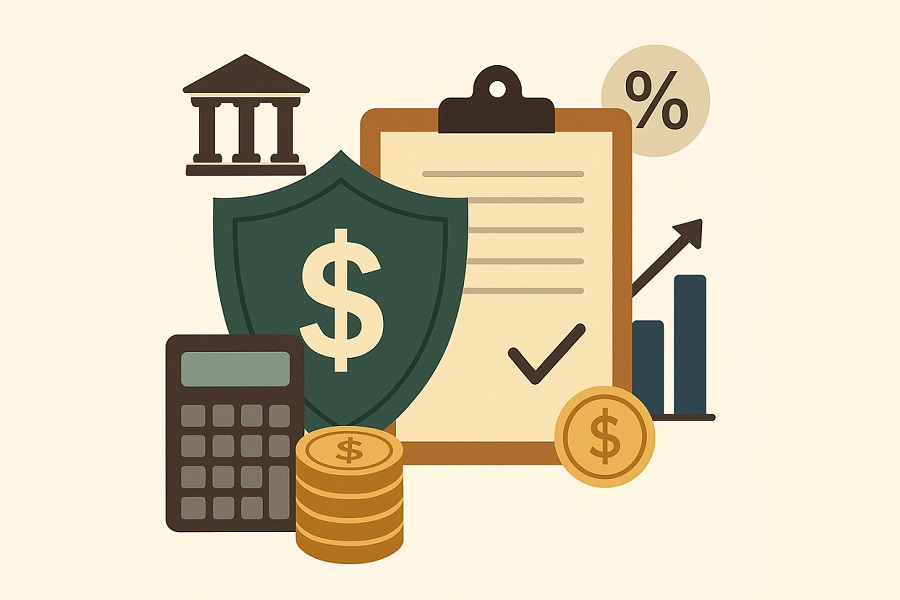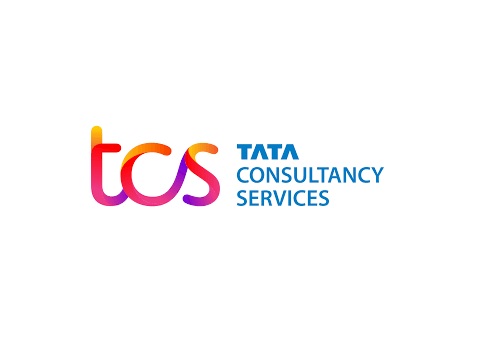How to Protect Wealth Through Smart Tax Planning

Wealth is not just about how much money you earn, but how much you can keep and grow over time. One of the biggest drains on wealth is taxes. While paying taxes is necessary, poor planning often leads people to give away more of their hard-earned money than required. Smart tax planning is about understanding the rules, using legal strategies, and positioning your finances in a way that minimizes tax liability while keeping your long-term goals intact.
Why Tax Planning Matters
Taxes affect almost every aspect of wealth, from your salary and business income to your investments, real estate, and even inheritance. Without a plan, you risk losing a large share of your income to taxes every year. On the other hand, when you plan strategically, you protect your assets, grow them more efficiently, and secure wealth for future generations.
Key Strategies for Smart Tax Planning
1. Maximize Tax-Advantaged Accounts
Retirement accounts like 401(k)s, IRAs, or equivalents in your country often offer tax benefits. Contributions may reduce your taxable income, and in some cases, your investments grow tax-free until withdrawal.
2. Use Deductions and Credits Wisely
Many people overlook deductions for expenses like education, home loan interest, medical costs, or business expenses. Tax credits, such as those for energy-efficient homes or child education, can also reduce your liability directly.
3. Optimize Investment Choices
Not all investments are taxed equally. Long-term capital gains, municipal bonds, and tax-efficient index funds can often help you grow wealth while reducing taxes. Choosing the right investment vehicles makes a significant difference over time.
4. Consider Business Structures
If you run a business, the way it is structured (sole proprietorship, partnership, LLC, or corporation) affects how you are taxed. Choosing the right structure can help lower self-employment taxes and allow you to take advantage of deductions.
5. Plan for Estate and Inheritance Taxes
Wealth preservation also involves planning for the next generation. Tools like trusts, gifting strategies, and proper estate planning can reduce the tax burden on your heirs and ensure your legacy is transferred smoothly.
6. Stay Updated on Tax Laws
Tax regulations change frequently. What works today may not be effective next year. Regularly reviewing your tax strategy with a professional ensures that you’re always aligned with the latest rules and opportunities.
The Role of Professionals
Even if you understand the basics, tax planning can be complex. Working with a qualified tax advisor or financial planner helps you make informed decisions, avoid mistakes, and tailor a plan to your unique situation.
Final Thoughts
Protecting wealth through smart tax planning isn’t about avoiding taxes—it’s about paying what is legally required while keeping more of your money working for you. With the right mix of knowledge, strategy, and professional guidance, you can safeguard your wealth, grow it faster, and ensure that it benefits you and your family for years to come.























